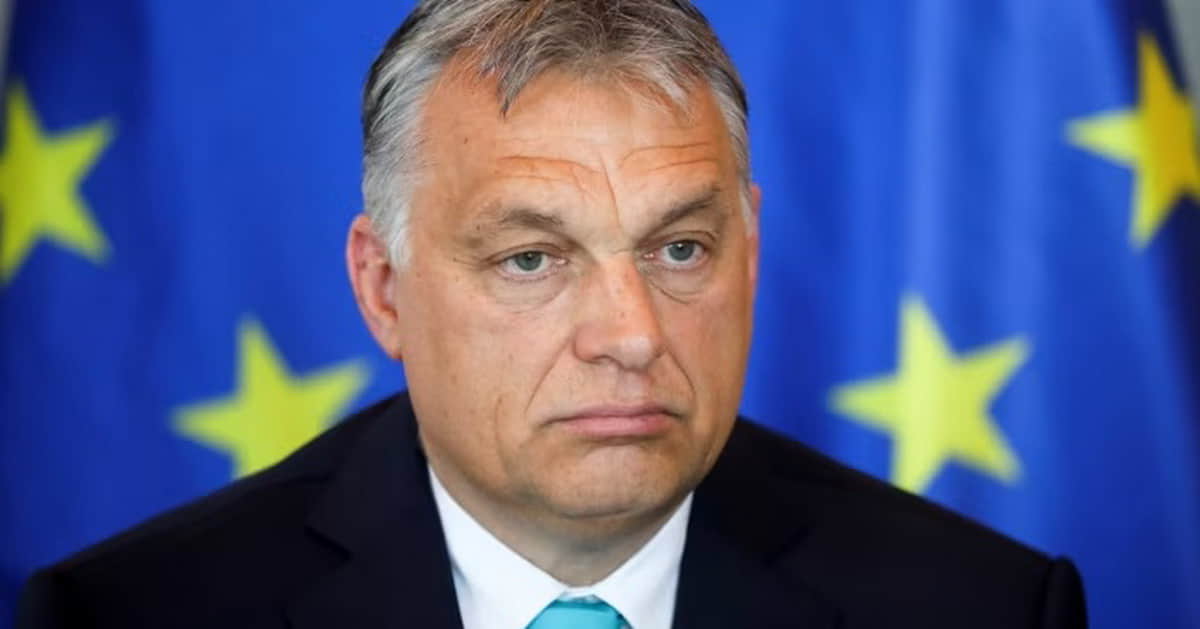How Orbán and the far-right were put in their place in European parliament

Viktor Orban's group has suffered its first political defeat in the new European Parliament at the very start of its work when it failed to secure any position for vice-president. The Hungarian Prime Minister's partners have been also left without leadership positions in parliamentary committees by the end of the first weeks of the European Parliament's session. The European Parliament politically isolated another far-right group, Europe of Nations and Freedom, formed around the notorious Alternative for Germany.
Read more about the successes of the mainstream parties in the European Parliament in countering the far-right in the article based on EURACTIV's information, the Brussels partner of European Pravda - Orban without positions: How the European parliament is building the 'cordon sanitaire' around far-right forces. Advertisement: The main party groups of the European Union have implemented an unofficial agreement to keep radicals away from power levers in the European Parliament.
Despite having a significant quota, the far-right did not receive any positions, creating a kind of "cordon sanitaire." Essentially, the mainstream reached an informal agreement to exclude the far-right groups Patriots for Europe (created around Hungary's ruling party Fidesz, the Austrian Freedom Party and France's National Rally) and Europe of Nations and Freedom from political processes. Not a single MEP from these groups was elected as the head or deputy head of any of the 24 committees and subcommittees.
Under the standard, proportional quota distribution system among groups, Viktor Orban's Patriots for Europe group should have been entitled to two positions. In previous parliaments, the proportional principle was considered, although not legally fixed. Following traditions, committees approved those heads agreed upon at the leadership level of the European Parliament.
However, when the parliamentary committees met for the first session on Tuesday, the Patriots ended up with nothing. Both of their candidates lost. The culture committee was headed by an MEP from the Greens, and the transport committee by a representative of the European People's Party.
The Patriots for Europe group publicly expressed outrage at being left without positions. "It clearly shows that they [mainstream party representatives] are not ready to accept democratic election results and cannot accept the fact that the Patriots are the third largest group," Orban's party member Kinga Gal, vice-president of the group, said. This happened despite the fact that Orban's Patriots for Europe group is the third largest in the European Parliament (87 votes, over 12% of the EP's composition) and claimed several positions. Similarly, the smaller Europe of Nations and Freedom group (together they have over 15% of the mandates) remained in isolation.
In contrast, the European Conservatives and Reformists (ECR) group, the conservative Eurosceptic group led by Italian Prime Minister Giorgia Meloni, saw its members access to senior positions in the parliament. Thus, the European Parliament managed to agree on isolating the far-right, struck a blow to Orban's plans, and legitimised Meloni, which characterises the consequences of the position distribution in this EU representative body. However, centrist forces also did not avoid disputes during the committee's inaugural sessions on Tuesday - regarding gender balance.
If you notice an error, select the required text and press Ctrl + Enter to report it to the editors.